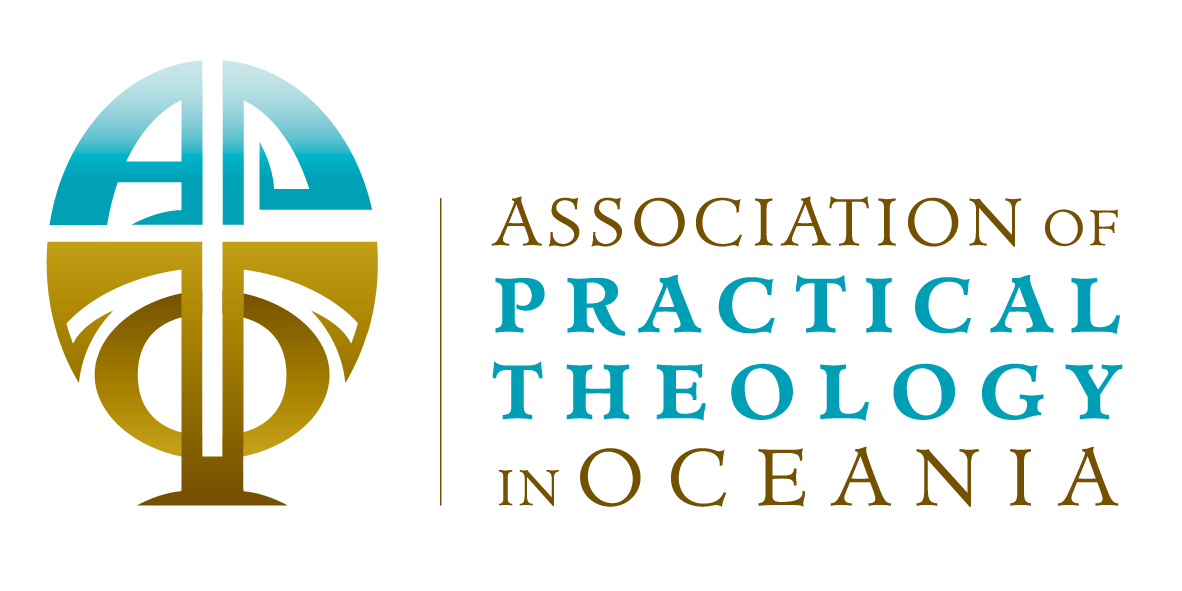

Discussion Time: 3:30pm Wednesday 29 November NZDT
Location: F 1.02
Pacific people have historically been migrants exploring the seas for new lands and greener pastures. Recent voyages to New Zealand and Australia have opened doors to opportunities for a better life yet preserving authentic cultural visions and the Christian faith central to their identity. The transplanting of Pacific churches in New Zealand continues to preserve core aspects of authentic Christian expression, and cultural and theological expressions have been articulated by various scholars to define God from a Pacific context. But the diaspora churches in a multifaceted world have been impacted by rapid social change, intergenerational dynamics, acculturation, religious relocation, and secularisation, signifying an unforeseen predicament to our ancestors' visions and Pacific identities. Regarding the 2016 animated movie Moana, the central character, Moana, can figuratively be considered a metaphor for the Pacific diaspora in transition. Moana’s character experiences developments in her life that exemplify a consolidation of identity, one who migrates from her homeland and enters a phase of liminality as her character explores courses of action that may form an alternative consciousness in her journey. Applying critical transitions in the movie Moana, this research explores trends and some of the changing dynamics surrounding Pacific diaspora churches in New Zealand. Furthermore, implications for ministry in Pacific churches and the wider New Zealand church community will be discussed.
This paper explores the theological implications surrounding the diverse experiences of migrant women, who make up almost half of the 244 million migrants and half of the 19.6 million refugees worldwide. There are common reasons why people leave their countries of origin. However, women migrants face unique challenges. The intersectionality of race and gender predispose women migrants to greater inequity and discrimination. One prevailing factor, this paper argues, hinges on the questionable myths specific to women migrants. An attentive, intelligent, reasonable, and responsible theological response calls for an interruption and dismantling of the common unreflected reception of these myths that continue to undervalue and limit migrant women’s economic, cultural, and social contributions in their adoptive countries. This paper will examine the illusory nature of nonsensical, cognitional myths framing distorted knowledge and reality concerning women migrants to addressing the uncomfortable silence surrounding gender, race, and coloniality critical for authentic theological praxis.